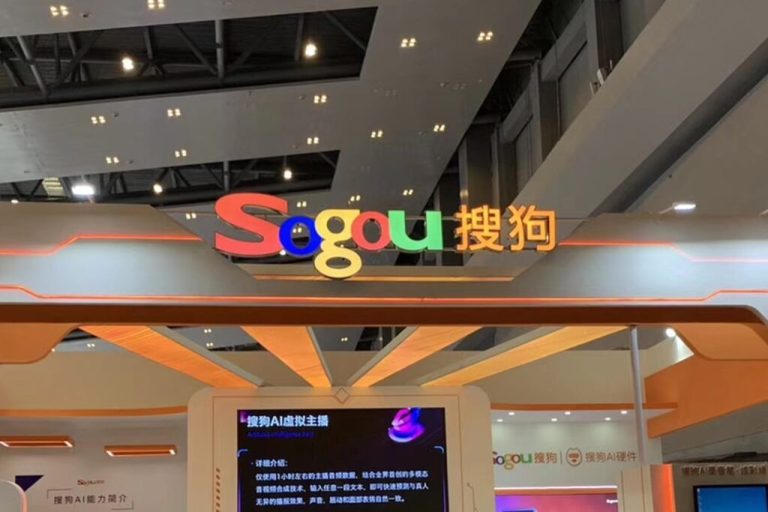With the continuous development of digital office environments, selecting a versatile, stable, and efficient email platform has become a crucial factor for enterprises and individuals to enhance work efficiency. Gmail邮箱, as a leading global email service, is not only widely used in personal communications but also plays an increasingly important role in enterprise collaboration, remote work, project management, and customer service. This article will explore the value of Gmail in various office scenarios.
Gmail in Enterprise Communication
In the enterprise environment, Gmail provides stable and fast email communication services. Its intuitive interface and efficient functionality make employees more productive. Administrators can manage users, allocate storage, set permissions, and implement security policies through the Google Workspace Admin Console, ensuring information is both accessible and secure.
Gmail also supports domain name email addresses, helping companies enhance brand image and professionalism.
Gmail in Project Collaboration
Gmail (谷歌邮箱)is deeply integrated with other Google tools such as Calendar, Drive, Docs, Sheets, and Meet, forming a powerful collaboration platform. Team members can comment and collaborate directly on documents within Gmail, and shared files are automatically saved in Google Drive, ensuring version consistency and cross-device access.
Meeting invitations can be quickly created from emails and automatically synchronized with Calendar, ensuring smooth project progress.
Gmail in Remote Work Scenarios
Remote work has become the norm in many companies. Gmail’s cloud-based features allow employees to access emails and documents from anywhere, eliminating geographic and time barriers. Its seamless integration with Google Meet enables quick initiation of video meetings from the inbox, improving communication efficiency.
Additionally, Gmail’s mobile app ensures remote workers can stay in sync with their teams at any time, maintaining workflow continuity.
Gmail in Customer Service and Sales
For customer service and sales teams, responding to customer emails promptly is crucial. Gmail provides templates, known as Canned Responses, to help you respond to common queries quickly. Labels and filters can also help sort emails by priority and type.
Integrating Gmail with CRM tools like Salesforce or HubSpot enables the automatic logging of communication records, enhancing customer tracking and management.
Gmail in Information Security and Compliance
For enterprises handling sensitive data, Gmail offers multiple layers of protection. It supports data loss prevention (DLP), phishing protection, encryption, and access auditing. Administrators can set detailed data retention policies to meet industry regulations and compliance requirements.
Gmail also provides detailed activity reports to help IT departments monitor user behavior and system health.
Gmail in Mobile and Multiplatform Use
Gmail supports Android, iOS, and all mainstream browsers. Whether on PC, tablet, or phone, Gmail offers a consistent user experience. Its offline capabilities also ensure that users can write and read emails even in unstable network environments.
This flexibility allows employees to work seamlessly across multiple devices, meeting the needs of today’s mobile workforce.
Gmail will remain one of the most trusted digital office tools
Gmail’s value goes far beyond simple email sending and receiving. In enterprise communication, project collaboration, remote work, customer service, and information security, Gmail demonstrates outstanding flexibility, integration, and reliability. By fully utilizing Gmail’s features, businesses can enhance efficiency, foster stronger collaboration, and lower IT management costs.
In 2025 and beyond, Gmail will remain one of the most trusted digital office tools, providing stable and robust communication support for a wide range of work scenarios.





